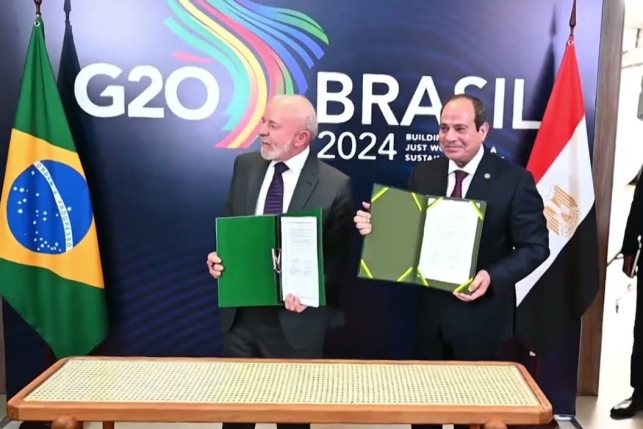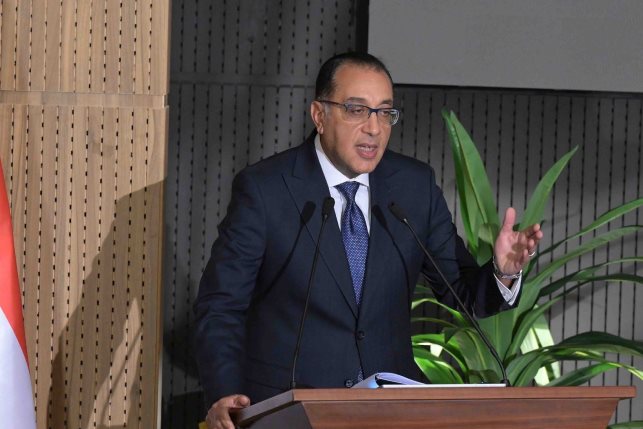Egypt's Finance Minister urges African coordination to address global economic challenges
These measures will improve the competitiveness of African economies and attract investment opportunities.
 Finance Minister Dr. Mohamed Maait expressed the aspiration for a more resilient "African financial structure" capable of flexibly dealing with external shocks - File Photo
Finance Minister Dr. Mohamed Maait expressed the aspiration for a more resilient "African financial structure" capable of flexibly dealing with external shocks - File Photo
Egypt's Finance Minister, Dr. Mohamed Maait, emphasized the need for coordination among African nations and deeper mechanisms of cooperation and integration to achieve continental integration.
“In the face of severe global crises that have negatively impacted our economies and put immense pressure on our budgets, resulting in an unprecedented wave of inflation and soaring prices of goods and services, we must come together swiftly to devise effective African risk mitigation programs,” Dr. Maait said.
“A unified strategy centered on the establishment of innovative hedging funds targeting the protection of African economies from external volatility is imperative,” he added.
During a session on financial integration in Africa at the sidelines of his participation in the African Export-Import Bank (Afreximbank) meetings in Ghana, the minister expressed the aspiration for a more resilient "African financial structure" capable of flexibly dealing with external shocks.
“Our African financial institutions must become stronger and more integrated in addressing the challenges of development financing in the coming period. This is particularly crucial as we require innovative African financing tools that contribute to reducing the cost of investment in continental infrastructure, thereby enhancing intra-African trade, expanding local production and manufacturing base, reducing import gaps, and creating promising export prospects,” the minister said.
These measures will improve the competitiveness of African economies, attract investment opportunities, remove obstacles, and create a unified African market for goods and services. Strengthening African productive capacities is essential in light of global crises to ensure minimal disruption to global supply chains.
The minister clarified that we are discussing an ambitious plan that should be expedited, agreed upon, and implemented to make African economies ready to absorb any internal or external shocks and meet the needs of citizens.
He also said that this is particularly important after witnessing the negative repercussions of the COVID-19 pandemic and the subsequent consequences of the war in Europe, including rising financing costs in international markets and increasing interest rates, which have made development financing a fundamental challenge for various developing countries.
The African continent faces numerous economic challenges, including external shocks, limited access to affordable financing, and dependence on global supply chains.
In order to build resilience, African nations have recognized the need for enhanced cooperation, integration, and the development of innovative financial mechanisms.
The establishment of a unified African financial structure and the promotion of intra-African trade are key steps towards strengthening the continent's economies, improving competitiveness, and attracting investment opportunities.





